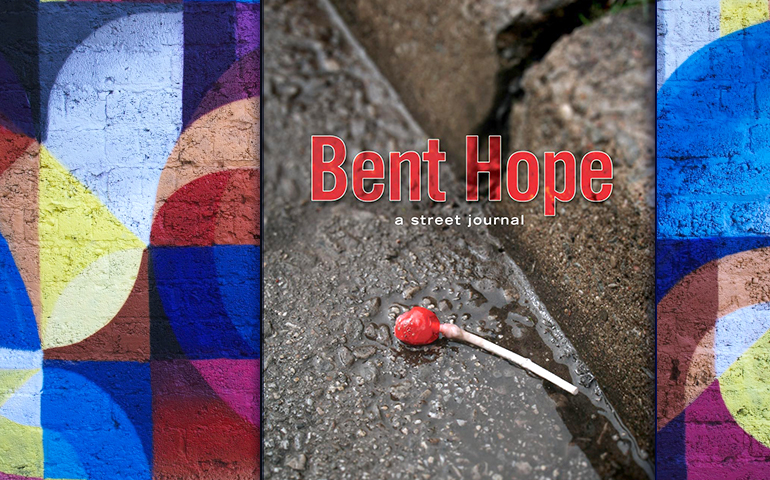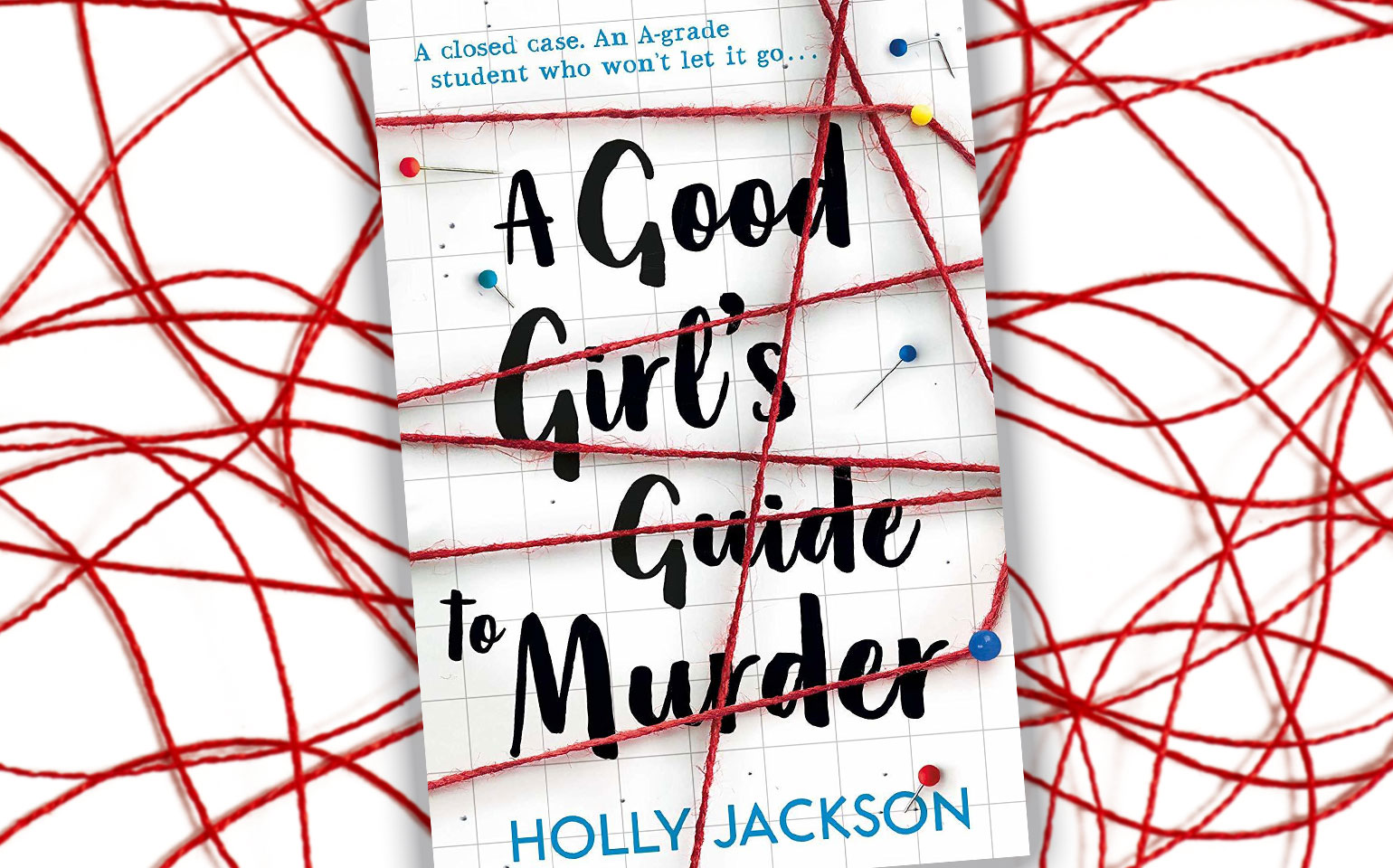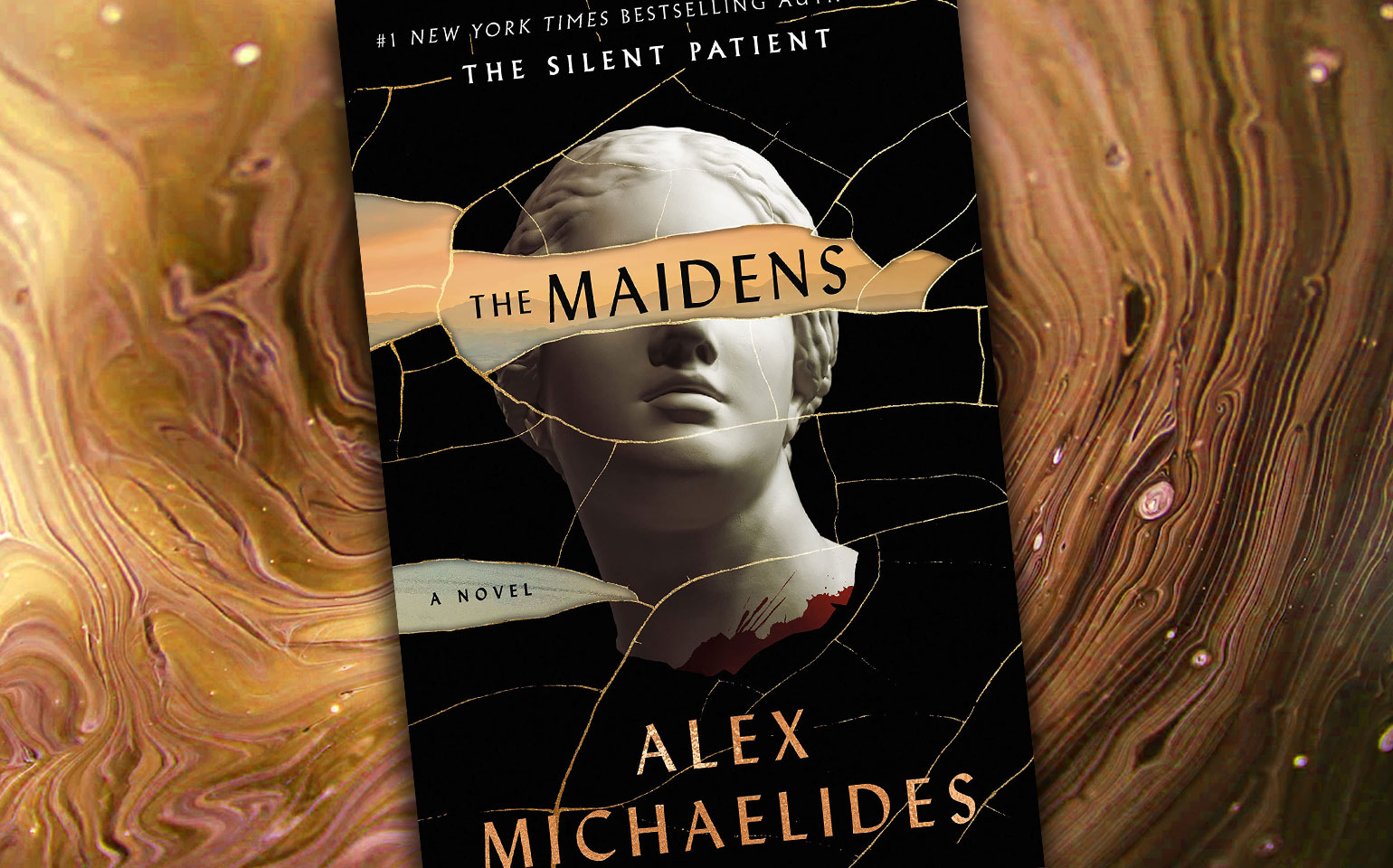
Bent Hope: Hope Continues to Hum
Bent Hope is a journal of short stories written in 2008 by Tim Huff, a Canadian author and activist. It’s an eye-opening and heart-wrenching collection of true stories about homeless youth. Tim Huff spent many years traveling, working with, and advocating for people with physical, intellectual, emotional, and social challenges. Currently, he is the creative and development lead for the Youth Unlimited’s Compassion Series, which he founded.
This book was recommended to me by a teacher when I told him that I was interested in doing a project on the rates of homeless youth in Toronto. Even though I ended up changing the topic of my assignment, I still read the book and it instantly became one of my favourites. The passion, perseverance, and just the stories in general completely changed my outlook on life, and of the definition of hope. Here is a quote from the prologue that immediately drew me in:
Fragmented glimpses of fragmented lives, where hope is anything but shiny and bright. Unpolished. Crushed. Twisted. Bent hope. But somewhere in the wrinkles of every brief account, hope continues to hum.
It’s a beautiful and refreshing outlook on what it means to hope. Being passionate for what’s to-come, hope that is not simple but still hope, nonetheless.
One chapter that really stands out is chapter 20, “The Boy I Hated.” This chapter describes a boy named Desmond in a way that makes him so unlikeable, it leads to the formation of a negative opinion very quickly. But then you learn more about him and it changes your opinion completely. As I read this chapter, my mind changed just like that, and it’s evident that these experiences also changed the way that Tim Huff saw things. The young boy who caused trouble, made ignorant comments, and acted like he was better than others suddenly didn’t seem so bad anymore. Tim Huff used a Beatles song to explain this chapter so I will too. In Desmond’s case, “All You Need Is Love” is entirely accurate. He wasn’t a bad person; he was hurting and made everybody hate him as a defense mechanism. It was hard for Desmond to open up about what was really going on in his life so instead he pushed everyone away. All he needed was love in his life but wouldn’t admit it. I feel like this specific story helped me further understand that there are always multiple parts to a story and assumptions can often be dangerous.
It’s hard to admit when you’re wrong. Believe me, I know. But it’s so important to take a look at your own personal biases, beliefs, and actions so that you can figure out what needs to be changed. Deep down, beneath all exterior factors and personal morals or identities, we are the same and we need to be there for each other. We should do everything in our abilities to understand one another before making quick judgements and spreading negativity. It’s our job to be kind, regardless of someone’s race, gender identity, religion, sexual orientation, or beliefs.
Reading the different stories in this book has made me feel many different emotions. Angry at people who cause so much pain for others, grief for people who never got to truly live, gratitude for people like Tim Huff who have a passion for helping others, inspired by young people who have overcome so many obstacles and still continue to be themselves, and immense joy knowing that there are people out there with so much love in their hearts.
There is so much work that needs to be done in this world, it’s good to know that there are people who are willing to join in and be supportive of everyone along the way.
So, why do I recommend this book? Well, if it’s not already clear, it was incredibly important to me. Being completely open and honest, when I read this I was going through a really tough time. My mental health was in a place that made it difficult to be optimistic and although I don’t personally know anybody who is or was homeless, I felt such a strong connection to these stories. The concept of hope in this book makes it feel open-ended, messy, and achievable. That’s what I needed. I needed to know that small, irrelevant things like the smell of vanilla or seeing others smile is allowed to make me feel hopeful. I don’t have to always feel happy and positive and know what’s going to happen next, I just have to find little things to hang on to until I feel passionate and ready again. Hope isn’t easily defined or linear. That’s what I learned from this book. As Tim Huff said in this strangely beautiful book, “Bent hope-inviting us all to be part of the music.”



